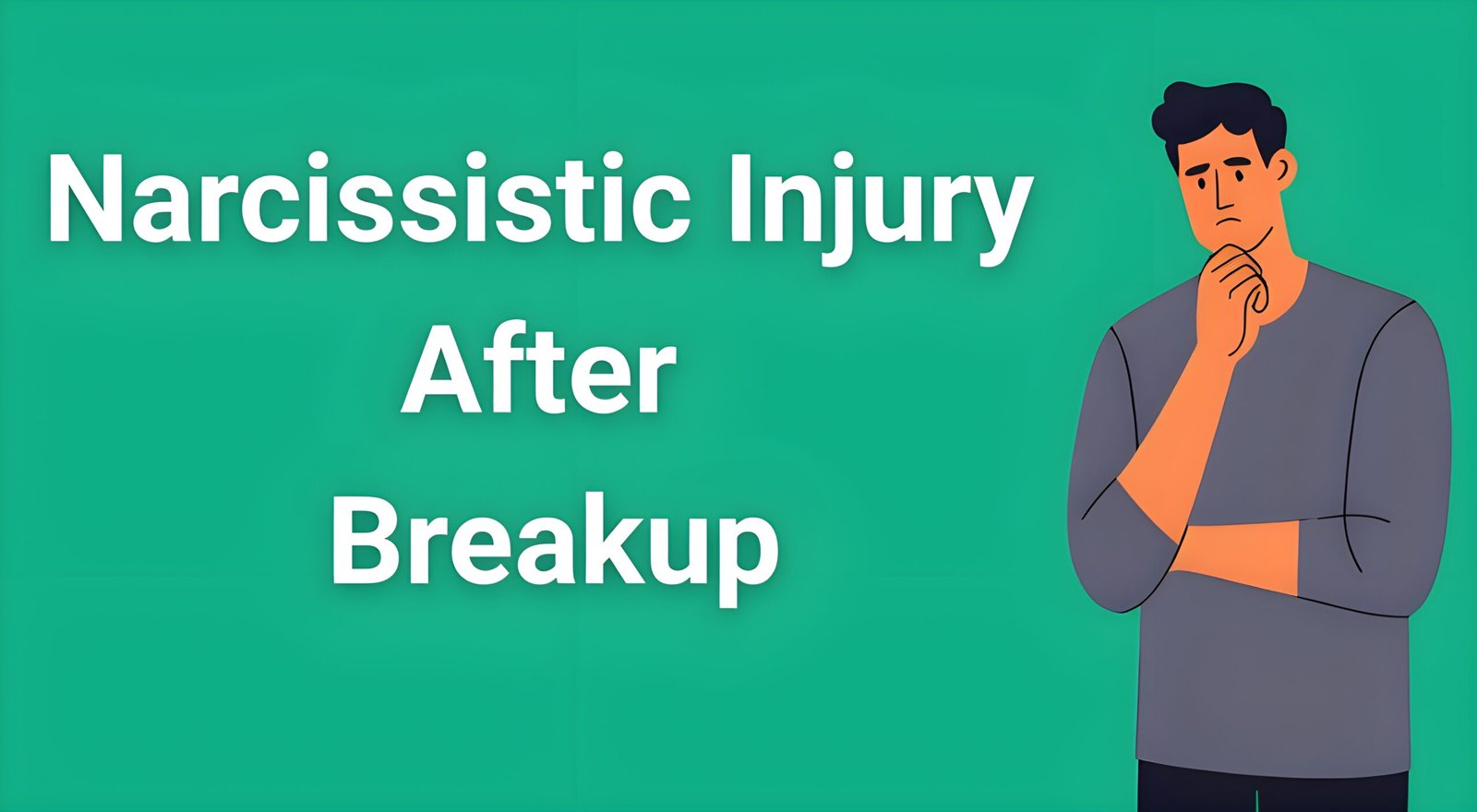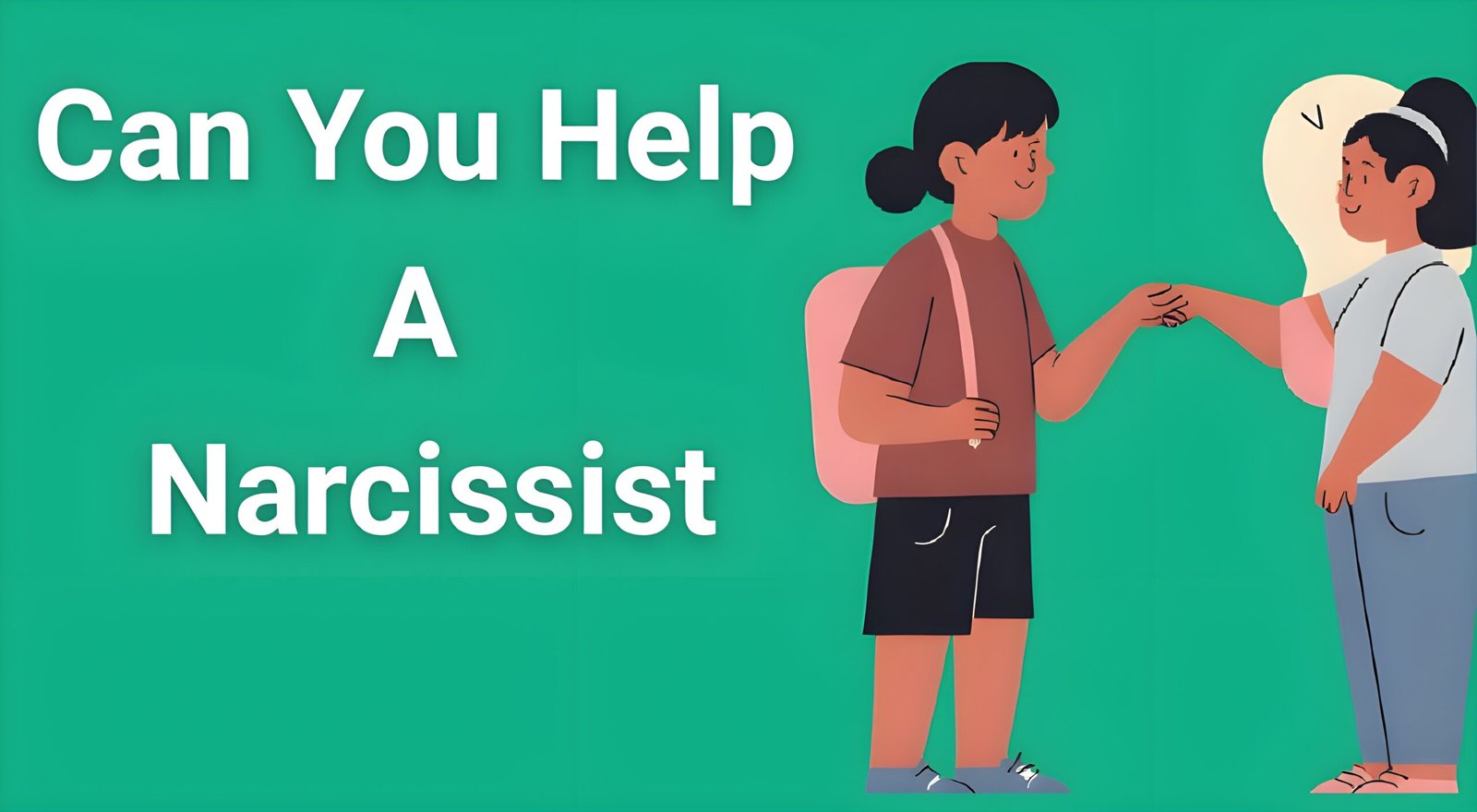Questions to ask a narcissist: Top 10 that expose them – if you’re searching for these, you’re likely desperate for validation of what you’ve been experiencing and need concrete proof that your instincts about someone’s behavior are correct. After working with thousands of survivors through NarcissismExposed.com as a Certified Narcissistic Abuse Specialist, I can tell you that understanding these revealing questions will either confirm your worst fears or provide the clarity you need to protect yourself from ongoing manipulation.
- Why These Questions to Ask a Narcissist Work So Effectively
- Questions to Ask a Narcissist: Top 10 That Expose Them Instantly
- Advanced Questions to Ask a Narcissist: Top 10 That Expose Hidden Patterns
- The Most Revealing Questions to Ask a Narcissist: Top 10 Deeper Insights
- Understanding the Responses: What Questions to Ask a Narcissist Reveal
- Safety Guidelines: Using Questions to Ask a Narcissist Responsibly
- Healing Through Understanding: Moving Beyond Questions to Ask a Narcissist
- Key Takeaways: Questions to Ask a Narcissist and What They Reveal
- Frequently Asked Questions
The truth is that narcissists reveal themselves through their responses to specific questions that challenge their carefully constructed image and force them to show their true character. These aren’t just random questions – they’re carefully chosen inquiries that expose the core traits of narcissistic personality disorder: lack of empathy, inability to accept responsibility, and desperate need for admiration and control.
Understanding these questions isn’t about playing games or trying to “trap” someone. It’s about gaining clarity and validation for your experiences. When you know the right questions to ask, narcissistic responses become impossible to hide behind charm and manipulation.
Important Safety Note: These questions are primarily for your own understanding and validation. Direct confrontation with narcissists can escalate dangerous situations. Use this knowledge for recognition and protection, not confrontation.
Why These Questions to Ask a Narcissist Work So Effectively
Before we explore the specific questions to ask a narcissist: Top 10 that expose them, it’s important to understand why certain questions are so revealing. Narcissists spend enormous energy maintaining a false image, and the right questions pierce through this carefully constructed facade.
Narcissists struggle with questions that require genuine self-reflection because they fundamentally lack the capacity for honest introspection. According to research published in the Journal of Personality and Social Psychology, narcissistic individuals show significant deficits in self-awareness and emotional processing, making it nearly impossible for them to respond authentically to questions about their behavior, motivations, or impact on others.
The Psychology Behind Narcissistic Responses
When faced with challenging questions, narcissists typically respond with predictable patterns that expose their disorder. These patterns include:
Deflection and Blame-Shifting: They redirect questions back to you or blame others for their behavior rather than taking responsibility.
Rage and Emotional Volatility: Questions that threaten their self-image often trigger narcissistic rage or dramatic emotional responses designed to shut down the conversation.
Gaslighting and Reality Distortion: They may deny facts, rewrite history, or make you question your own memory and perceptions.
Victim Playing: They position themselves as the injured party, even when the question addresses their harmful behavior.
Charm and Manipulation: They may use excessive charm, love-bombing, or manipulation tactics to avoid answering directly.
The key insight is that healthy individuals can engage with difficult questions about their behavior, while narcissists typically cannot tolerate any challenge to their self-image or any requirement for genuine accountability.
Questions to Ask a Narcissist: Top 10 That Expose Them Instantly
These carefully selected questions reveal narcissistic traits through the patterns of response they generate. Remember, it’s not just the content of their answers, but how they respond to being asked that provides the most revealing information.
Question 1: “How do you think your behavior affects other people?”
Why this question exposes narcissists: This question requires genuine empathy and self-awareness – two qualities narcissists fundamentally lack. Healthy people can reflect on their impact on others and show genuine concern when they’ve caused harm.
Typical narcissistic responses:
- “People are too sensitive these days”
- “I can’t control how others choose to feel”
- “Everyone else has problems too”
- Becoming defensive or angry at the question itself
- Turning the conversation to how others have hurt them
What healthy responses look like: Genuine consideration of their impact, specific examples of awareness, concern for others’ wellbeing, and willingness to change harmful behaviors.
Red flags in their response: Inability to name specific ways their behavior affects others, dismissing others’ feelings as invalid, or becoming hostile when asked to consider their impact.
Question 2: “Can you tell me about a time when you were wrong and had to apologize?”
Why this reveals narcissistic traits: Narcissists have extreme difficulty acknowledging mistakes or offering genuine apologies because it threatens their grandiose self-image. This question exposes their inability to accept responsibility.
Typical narcissistic responses:
- Long silence or inability to think of any examples
- Describing situations where they were clearly the victim
- Fake apologies that include blame for the other person
- “I’m sorry you felt that way” non-apologies
- Stories where they were technically wrong but had noble intentions
Healthy responses include: Specific examples of mistakes, genuine remorse for the impact on others, and evidence of changed behavior following the apology.
Warning signs: Cannot provide genuine examples, apologies that blame others, or becoming agitated when pressed for specific instances of wrongdoing.
Question 3: “What are your biggest flaws or areas where you need to improve?”
How this question exposes them: Self-awareness about personal limitations is essential for healthy relationships. Narcissists either cannot identify genuine flaws or present “humble brags” disguised as weaknesses.
Common narcissistic answers:
- “I care too much about people”
- “I’m too trusting and people take advantage of me”
- “I work too hard and don’t take care of myself”
- Complete inability to identify any meaningful flaws
- Becoming defensive about why you’re asking
Authentic responses involve: Real personal challenges they’re working on, acknowledgment of how these flaws affect relationships, and concrete steps they’re taking for improvement.
Red flags: Only “positive” flaws, inability to identify genuine areas for growth, or anger at being asked to be self-reflective.
Question 4: “How do you handle criticism or feedback from people close to you?”
Why narcissists struggle with this: Narcissists experience criticism as narcissistic injury and typically respond with rage, withdrawal, or retaliation rather than healthy processing of feedback.
Narcissistic response patterns:
- “People who criticize me don’t understand me”
- “I don’t accept negative energy in my life”
- “Anyone who truly loved me wouldn’t criticize me”
- Describing how they “handle” criticism by punishing those who give it
- Stories of being unfairly attacked by ungrateful people
Healthy responses include: Examples of learning from feedback, appreciation for people who care enough to be honest, and specific changes made based on others’ input.
Concerning patterns: Inability to provide examples of accepting criticism, describing punishment of those who give feedback, or becoming visibly agitated during the question.
Advanced Questions to Ask a Narcissist: Top 10 That Expose Hidden Patterns
Question 5: “Tell me about your closest friendships and what makes them special.”
The revealing nature of this question: Narcissists struggle to maintain genuine, reciprocal friendships because they view relationships as sources of supply rather than mutual connections.
Typical narcissistic descriptions:
- Focus on what friends do for them rather than mutual care
- Inability to describe deep emotional connections
- Stories about friends who worship or admire them
- Complaints about friends being ungrateful or disappointing
- Vague descriptions that lack emotional depth
Healthy friendship descriptions include: Mutual support, genuine care during difficult times, shared experiences beyond surface-level activities, and appreciation for friends’ unique qualities.
Red flags: All friendships described in terms of benefits received, no long-term close friendships, or pattern of friendship conflicts and betrayals.
Question 6: “What would your ex-partners say about you if I asked them honestly?”
How this exposes narcissistic patterns: This question reveals their awareness (or lack thereof) of their impact on intimate relationships and their ability to take responsibility for relationship failures.
Common narcissistic responses:
- All exes are described as “crazy,” “jealous,” or “ungrateful”
- They were always the victim in every relationship ending
- Cannot acknowledge any valid complaints exes might have
- Stories of being used, betrayed, or unappreciated
- Rage at the suggestion that exes might have legitimate grievances
Healthy responses involve: Acknowledgment of their role in relationship problems, understanding of legitimate complaints, and evidence of learning from past relationship mistakes.
Warning signs: All exes painted as villains, no accountability for relationship failures, or becoming defensive when asked to consider others’ perspectives.
Question 7: “How do you support friends and family when they’re going through difficult times?”
Why this question reveals empathy deficits: Genuine empathy involves putting others’ needs first during their difficult moments. Narcissists typically make others’ problems about themselves.
Narcissistic support patterns:
- Making the conversation about their own similar experiences
- Offering advice that centers their wisdom rather than the person’s needs
- Becoming impatient with others’ ongoing struggles
- Expecting gratitude and recognition for minimal support efforts
- Describing how they “fixed” people rather than supported them
Authentic support includes: Listening without making it about themselves, consistent availability during others’ crises, and genuine concern for others’ wellbeing without expectation of reward.
Red flags: All support stories center themselves, inability to provide emotional support without receiving something in return, or frustration when others don’t take their advice.
Question 8: “What do you think people misunderstand about you most often?”
How this exposes grandiosity and victim mentality: This question reveals whether someone sees themselves as perpetually misunderstood or can acknowledge their role in miscommunications and conflicts.
Typical narcissistic themes:
- People don’t appreciate their specialness or superiority
- Others are jealous of their success or qualities
- People misinterpret their confidence as arrogance
- They’re too advanced or evolved for others to understand
- Everyone else is the problem in misunderstandings
Healthy responses include: Acknowledgment of communication styles that might be confusing, understanding of how their behavior might be misinterpreted, and responsibility for unclear communication.
Concerning patterns: Everything is others’ fault for misunderstanding, belief in their own superiority, or inability to see their role in communication problems.
The Most Revealing Questions to Ask a Narcissist: Top 10 Deeper Insights
Question 9: “How do you handle situations where you’ve hurt someone’s feelings?”
Why this question is so revealing: This exposes their capacity for genuine remorse and their willingness to prioritize others’ emotional wellbeing over their own comfort or image.
Narcissistic response patterns:
- Blame the other person for being too sensitive
- Deny that they actually caused the hurt
- Focus on their own hurt feelings about being “falsely accused”
- Minimal effort to repair the damage
- Expectation that others should “get over it” quickly
Healthy responses involve: Immediate concern for the other person’s feelings, genuine efforts to understand the impact, sincere apologies without justification, and concrete actions to repair the harm.
Red flags: No genuine remorse, focus on defending themselves rather than caring for the hurt person, or patterns of repeating hurtful behaviors without change.
Question 10: “What are you most proud of in how you treat the people closest to you?”
The final exposure question: This reveals whether they understand what healthy relationship behavior looks like and whether they can accurately assess their own relationship skills.
Narcissistic pride points:
- Pride in providing material things rather than emotional support
- Focus on how special they make others feel (when it serves them)
- Belief that their presence alone is a gift to others
- Pride in being “right” or “teaching” others important lessons
- Focus on their own sacrifices rather than others’ wellbeing
Healthy relationship pride includes: Consistent emotional support, genuine care during others’ difficult times, respect for others’ independence, and joy in others’ success and happiness.
Warning signs: Cannot identify genuine caring behaviors, pride in controlling or “improving” others, or focus on what they receive rather than what they give.
Understanding the Responses: What Questions to Ask a Narcissist Reveal
When you understand the patterns revealed by these questions to ask a narcissist: Top 10 that expose them, you gain powerful insight into the fundamental differences between healthy and disordered relationship styles.
The Pattern Recognition Guide
Healthy individuals typically:
- Show genuine curiosity about your questions rather than defensiveness
- Provide specific examples of self-awareness and growth
- Demonstrate real concern for others’ wellbeing in their answers
- Acknowledge areas where they need improvement without making excuses
- Take responsibility for their impact on relationships
Narcissistic individuals typically:
- Become defensive, angry, or dismissive when asked challenging questions
- Cannot provide genuine examples of empathy or accountability
- Make everything about themselves, even when discussing others
- Blame external factors for all relationship problems
- Show no evidence of genuine self-reflection or personal growth
The Emotional Response Patterns
Pay attention not just to what they say, but how they respond to being asked these questions. Narcissists often reveal more through their emotional reactions than their actual answers.
Narcissistic emotional patterns include:
- Immediate defensiveness or anger when questioned
- Attempts to turn the questions back on you
- Emotional volatility that seems disproportionate to the questions
- Shutting down the conversation or storming away
- Later punishment or retaliation for asking challenging questions
Healthy emotional responses include:
- Curiosity about why you’re asking and what you’re trying to understand
- Willingness to engage in difficult conversations about behavior
- Calm consideration of the questions rather than immediate defensiveness
- Follow-up conversations that show they’ve been thinking about your concerns
- Appreciation for your investment in improving the relationship
Safety Guidelines: Using Questions to Ask a Narcissist Responsibly
Understanding these questions to ask a narcissist: Top 10 that expose them is powerful knowledge, but it must be used safely and responsibly. Direct confrontation with narcissistic individuals can escalate to dangerous situations.
When NOT to Use These Questions
Direct confrontation is dangerous when:
- You’re financially dependent on the narcissist
- They have a history of violence or threats
- You share children and need to maintain some level of contact
- You’re not prepared to deal with potential retaliation
- You’re still emotionally attached and hoping they’ll change
Use this knowledge for:
- Personal validation of your experiences and observations
- Understanding patterns you’ve already noticed
- Making informed decisions about the relationship
- Seeking appropriate support and professional guidance
- Protecting yourself from future manipulation
Safe Application Strategies
Instead of direct confrontation, consider:
- Observing their natural responses to life situations that mirror these questions
- Reflecting on past conversations where similar topics arose
- Discussing your observations with a qualified therapist
- Using this knowledge to set appropriate boundaries
- Planning your exit strategy if you’re in an abusive relationship
Remember: Your safety is more important than getting answers or proving a point. These questions are tools for understanding, not weapons for confrontation.
Healing Through Understanding: Moving Beyond Questions to Ask a Narcissist
While knowing the right questions to ask a narcissist: Top 10 that expose them provides valuable insight, the ultimate goal is your healing and protection rather than exposing or changing them.
Validation and Self-Trust
One of the most powerful aspects of understanding these revealing questions is how they validate your own experiences and observations. If someone in your life consistently responds to these types of questions with the narcissistic patterns described, you can trust your instincts about their character.
This validation helps you:
- Stop second-guessing your own perceptions
- Understand that their behavior patterns are part of a disorder, not personal failings
- Recognize that you cannot love, understand, or support someone into changing personality disorders
- Accept that your confusion and frustration are normal responses to abnormal behavior
- Focus on your own healing rather than trying to fix or understand them
Building Your Future Relationships
Understanding narcissistic response patterns also helps you recognize healthy relationship dynamics in future connections. When you know what disordered responses look like, healthy responses become more obvious and valued.
Look for people who:
- Welcome difficult conversations about behavior and relationships
- Show genuine curiosity about their impact on others
- Demonstrate consistent empathy and consideration
- Take responsibility for mistakes without defensiveness
- Support your growth and independence rather than trying to control you
Key Takeaways: Questions to Ask a Narcissist and What They Reveal
Understanding questions to ask a narcissist: Top 10 that expose them provides crucial insight into recognizing disordered behavior patterns, but this knowledge is most valuable when used for your own protection and healing rather than confrontation.
Remember these essential insights:
- Narcissists reveal themselves through their inability to handle questions requiring empathy, accountability, and self-awareness
- Their responses often involve deflection, blame-shifting, rage, or superficial charm rather than genuine engagement
- The emotional reaction to being questioned is often more revealing than the actual answers provided
- These questions are tools for recognition and validation, not confrontation or relationship repair
- Your safety and wellbeing are more important than getting answers or proving someone is narcissistic
- Professional support is crucial when dealing with confirmed narcissistic relationships
The path forward involves:
- Using this knowledge for personal validation and boundary-setting rather than confrontation
- Seeking professional support from therapists who understand narcissistic abuse dynamics
- Focusing on your own healing and building healthy future relationships
- Trusting your instincts when someone’s responses consistently match narcissistic patterns
- Prioritizing your safety and wellbeing over the need for closure or understanding
- Building relationships with people who welcome honest communication and self-reflection
Understanding these revealing questions isn’t about playing detective or trying to diagnose others. When someone searches for questions to ask a narcissist: Top 10 that expose them, they’re usually seeking validation for experiences that have left them confused and questioning their own perceptions. This knowledge provides the clarity needed to trust your instincts and make informed decisions about your relationships and future.
Your observations and concerns are valid. If someone consistently responds to reasonable questions about behavior and relationships with the patterns described here, you have the information you need to protect yourself and seek appropriate support. The goal isn’t to change or confront them – it’s to understand what you’re dealing with so you can make choices that prioritize your own healing and wellbeing.
Frequently Asked Questions
Is it safe to actually ask these questions directly to someone I suspect is narcissistic?
Direct confrontation with narcissistic individuals can be dangerous and often escalates to retaliation, rage, or increased manipulation. These questions are better used for observation and pattern recognition rather than direct interrogation. If you’re in an abusive relationship, prioritize your safety over getting answers. Consider discussing your observations with a qualified therapist instead of confronting the person directly.
What if they give seemingly healthy answers to these questions?
Narcissists can be skilled at providing socially appropriate answers, especially if they’ve been in therapy or have learned to mimic healthy responses. Pay attention to whether their answers match their actual behavior patterns over time. Also observe their emotional reaction to being questioned – genuine people welcome difficult conversations, while narcissists often become defensive or angry even when giving “correct” answers.
How can I tell the difference between someone having a bad day and narcissistic response patterns?
Narcissistic response patterns are consistent over time and across different situations. Everyone has bad days or defensive moments, but narcissists show these patterns repeatedly when faced with accountability, empathy requirements, or challenges to their self-image. Look for consistency in how they handle criticism, their ability to show genuine empathy, and their willingness to take responsibility for their impact on others.
Should I share these questions with family members who don’t see the narcissistic behavior?
Be cautious about trying to convince others who haven’t experienced the private behavior patterns. Narcissists often maintain excellent public images while reserving their worst behavior for intimate relationships. Instead of trying to prove their narcissism to others, focus on building your own support network with people who understand abuse dynamics and can validate your experiences.
What if asking these questions confirms my worst fears about someone I love?
Discovering that someone you love has narcissistic traits is heartbreaking, but this knowledge empowers you to make informed decisions about your wellbeing. Remember that loving someone doesn’t mean you have to accept harmful treatment. Consider working with a trauma-informed therapist who can help you process this realization and develop appropriate boundaries and safety plans.
Can someone change their responses to these questions through therapy or self-improvement?
While people with narcissistic traits might learn to give more appropriate responses through therapy, genuine change in narcissistic personality disorder is extremely rare. Surface-level improvements in answers don’t necessarily indicate fundamental changes in empathy, accountability, or relationship capacity. Focus on consistent behavioral changes over time rather than improved verbal responses to challenging questions.
How do I use this information without becoming manipulative myself?
The goal of understanding these questions is self-protection and validation, not manipulation or revenge. Use this knowledge to recognize patterns, validate your experiences, and make informed decisions about relationships. Avoid using this information to “test” or trap others. Instead, focus on building relationships with people who naturally demonstrate empathy, accountability, and genuine care for your wellbeing.






